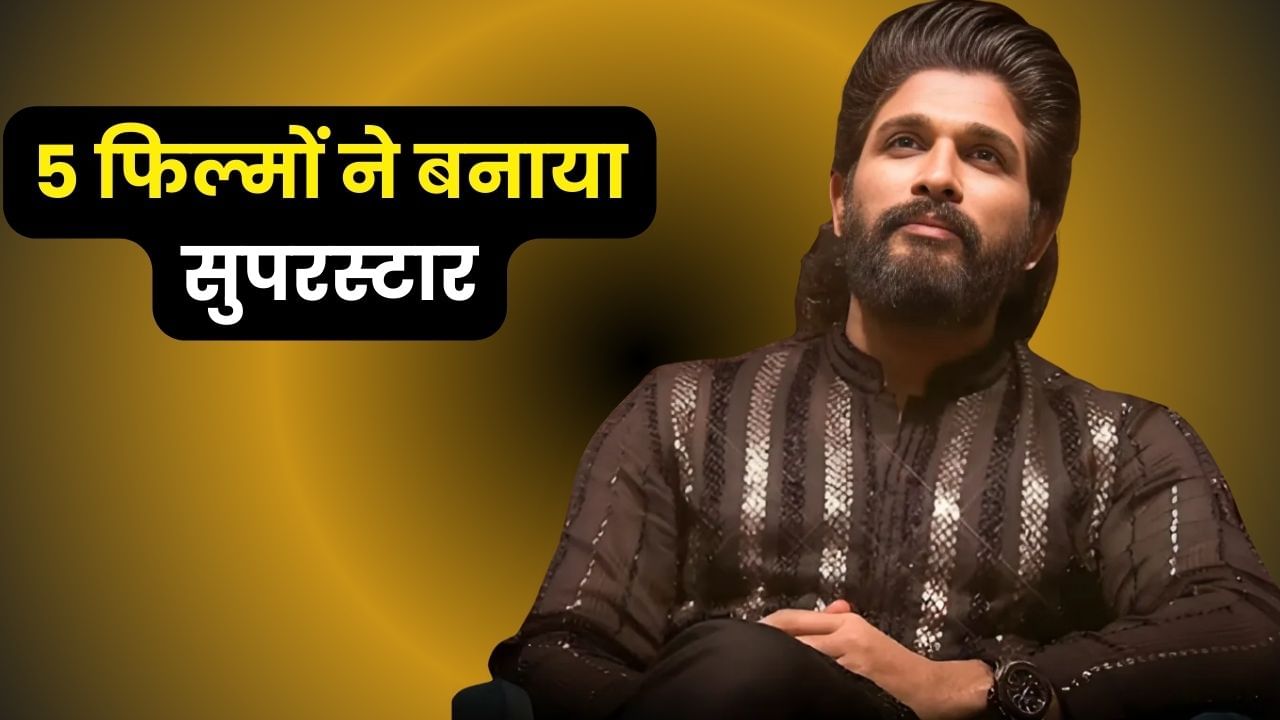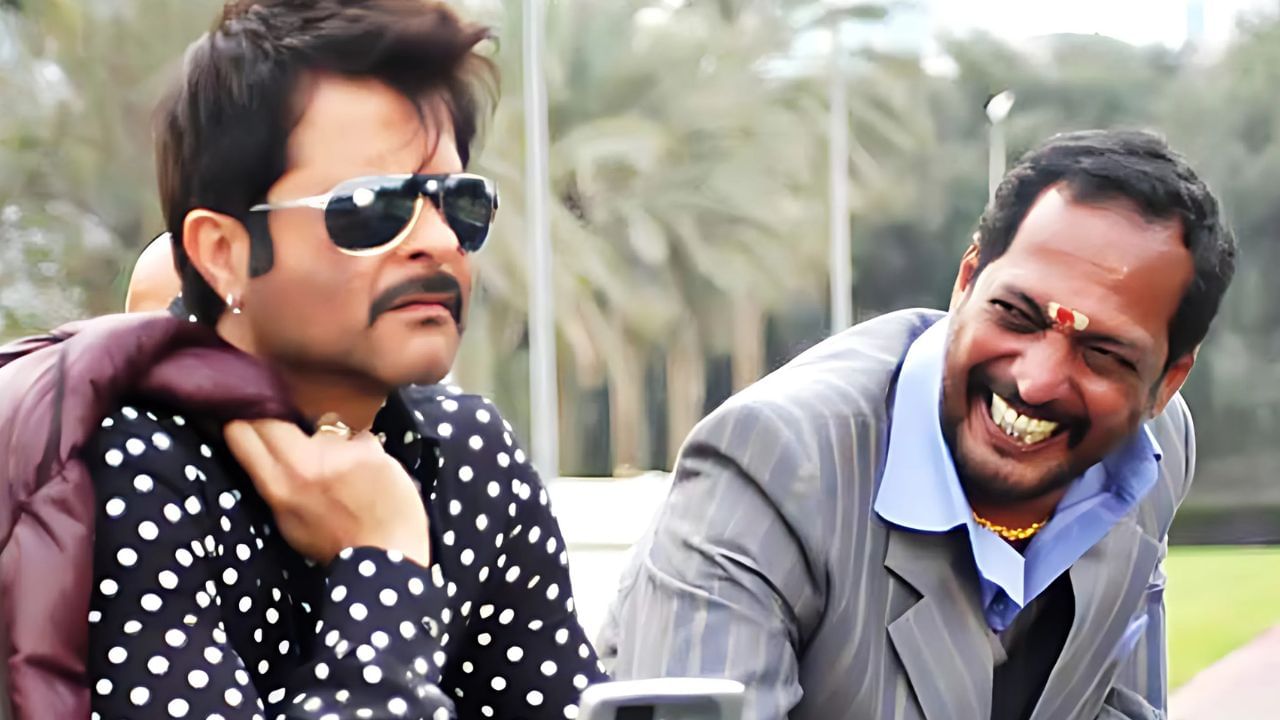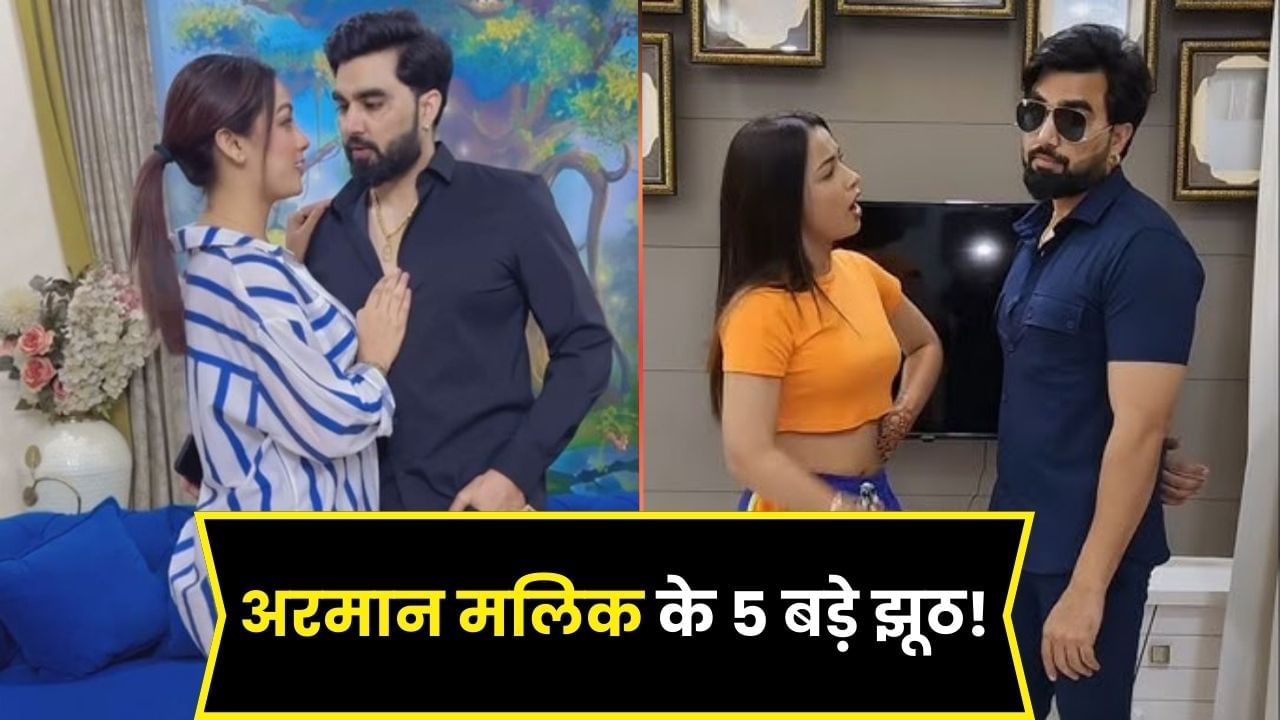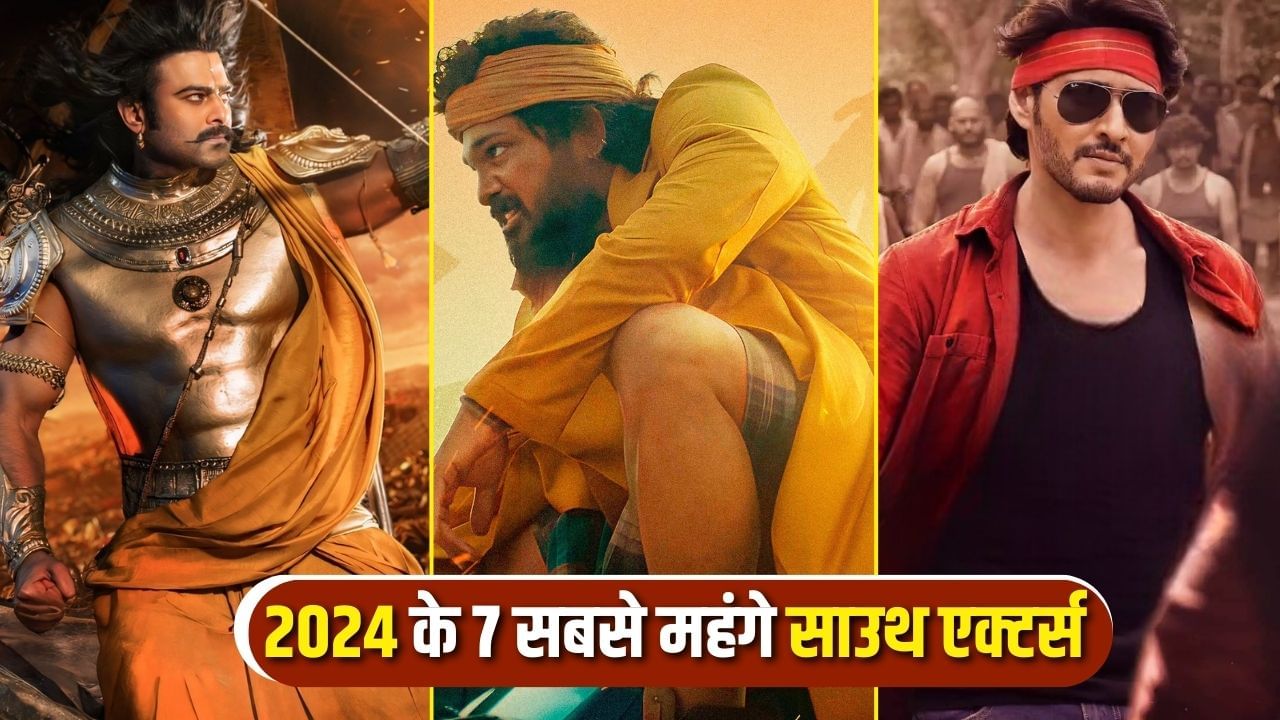With the successful release of her feature film Aliya Basu Gayab Hai, which stars Vinay Pathak, Raima Sen and Salim Diwan, Preeti Singh celebrates a significant victory as a female director in a male-dominated industry.
“As an outsider, making my film was a victory,” she shares, reflecting on her journey from directing ads and short films to tackling a full-length feature.
In discussing the intricacies of directing a thriller, Preeti notes, “Curiosity is the key-there’s a fine line where you want the audience to guess.” She has received praise for her approach that balances predictability and surprise, ensuring an engaging experience for viewers. Despite her success, Preeti acknowledges the challenges faced by female directors in Bollywood. “Now, producers take me seriously. Gender takes a backseat,” she explains. She encourages aspiring filmmakers, saying, “If you have a story, please go for it. Don’t think you won’t find support.”
Preeti is excited about writing for an international film with Michelle MacLaren and remains committed to nurturing fresh talent. “You’re not just making films; you’re creating a community,” she affirms.
Touch of reality
 Raima SenRaima Sen, who took on the titular role in the film, approached her character with an emphasis on authenticity. She explains, “I decided to take it up as if I was getting kidnapped in real life. I wanted to portray how an ordinary woman might react in a traumatic situation like the one in the movie.”
Raima SenRaima Sen, who took on the titular role in the film, approached her character with an emphasis on authenticity. She explains, “I decided to take it up as if I was getting kidnapped in real life. I wanted to portray how an ordinary woman might react in a traumatic situation like the one in the movie.”
This mindset allowed her to react spontaneously, capturing the raw emotions of her character’s ordeal. “For the action sequences, I decided not to rehearse them because this is a regular girl who gets kidnapped, and her reactions don’t need to be perfectly choreographed. I wanted the action to feel impromptu, relying on my presence of mind and how I would genuinely respond in that situation,” she shares, wanting to convey genuine fear and instinctive response. Despite the physical challenges of filming, including being tied up and dealing with gag balls, Sen found humour and camaraderie on set, noting, “It was fun, but yes, everyone got injured at least once-except me! I managed to avoid injury and ended up being the one who unintentionally injured others.”
The film delves deeper than just the kidnapping plot; Sen points out, “It’s about how each character goes through a catharsis.” Her character navigates complex situations, using her wit and charm strategically.
Detailing her character, Ramia shares, “In the movie, she’s kidnapped by two men, and besides thinking about the ransom, she knows how to use her sexual power in those desperate moments to try and turn the situation around. So, it’s not just about the kidnapping and ransom; there’s more depth to it.” Raima also highlights the value of working under Preeti’s direction, noting, “It was very comfortable having her around, especially for scenes where they had to rip my clothes apart-messy scenes like that. But I was comfortable because she was on the set. She understood where I was uncomfortable and where I wasn’t. Although men directors are equally good, no doubt, there’s a bit of an edge that women directors have. You feel you can tell them all your problems, which you can’t always do with men.”
Making a connect
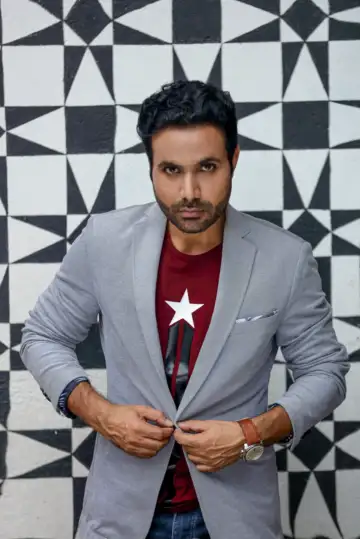 Salim DiwanSalim Diwan, who portrays a kidnapper in the film, calls it a complex character. To prep for a role in a narrative that combines suspense with societal issues, involved personal reflection, as he says, “I’d never thought about kidnapping someone,” he admits, explaining how he connected with his character, “I delved into his backstory to understand him better and become one with his motivations.” While initial hesitation was one thing, once he understood the character, Salim says, “I could connect with him and from there it became much easier for me.”
Salim DiwanSalim Diwan, who portrays a kidnapper in the film, calls it a complex character. To prep for a role in a narrative that combines suspense with societal issues, involved personal reflection, as he says, “I’d never thought about kidnapping someone,” he admits, explaining how he connected with his character, “I delved into his backstory to understand him better and become one with his motivations.” While initial hesitation was one thing, once he understood the character, Salim says, “I could connect with him and from there it became much easier for me.”
Reflecting on his career since Bollywood Diaries, Salim shares insights about the challenges of the industry. He acknowledges the importance of luck and timing, stating, “It’s tough, and you need luck on your side too.” After two decades in Mumbai, he views his journey as a learning experience, appreciating both the struggles and successes that shape his path in the competitive film landscape.


